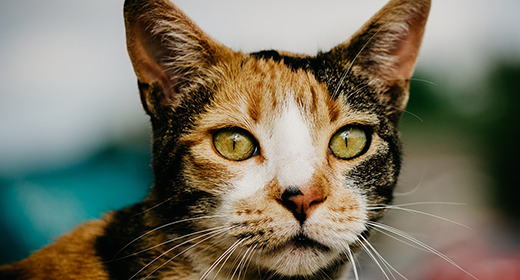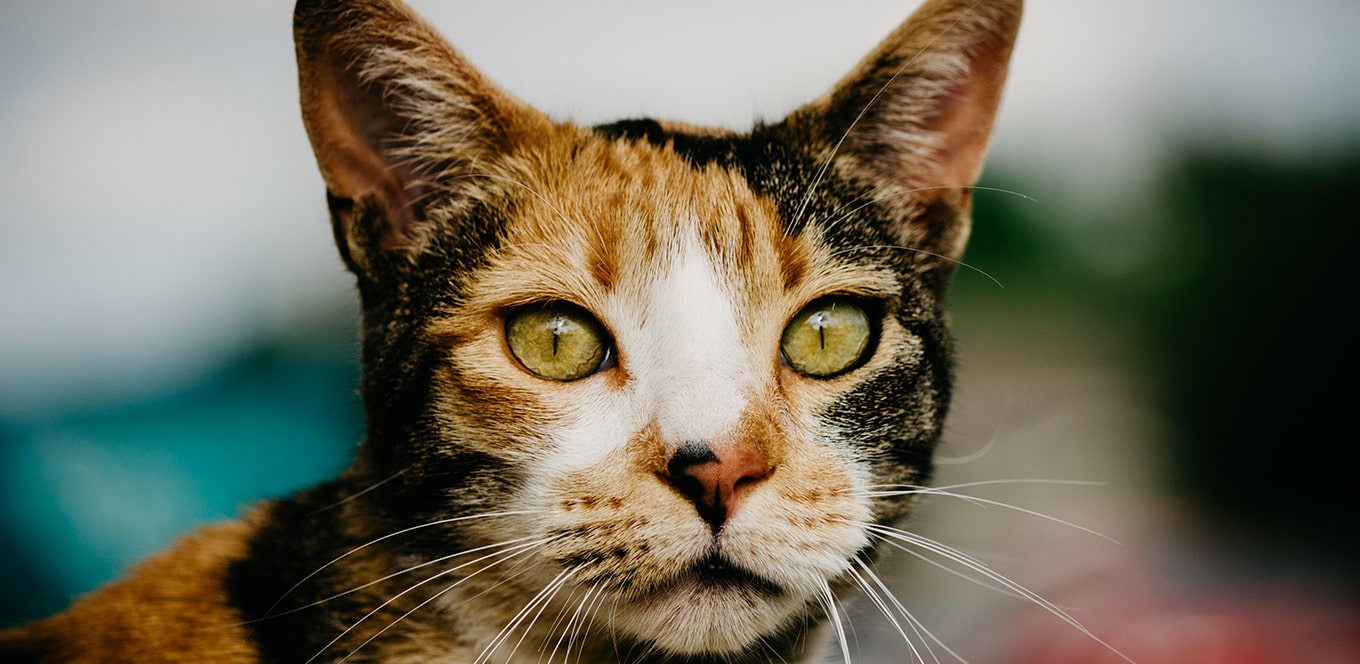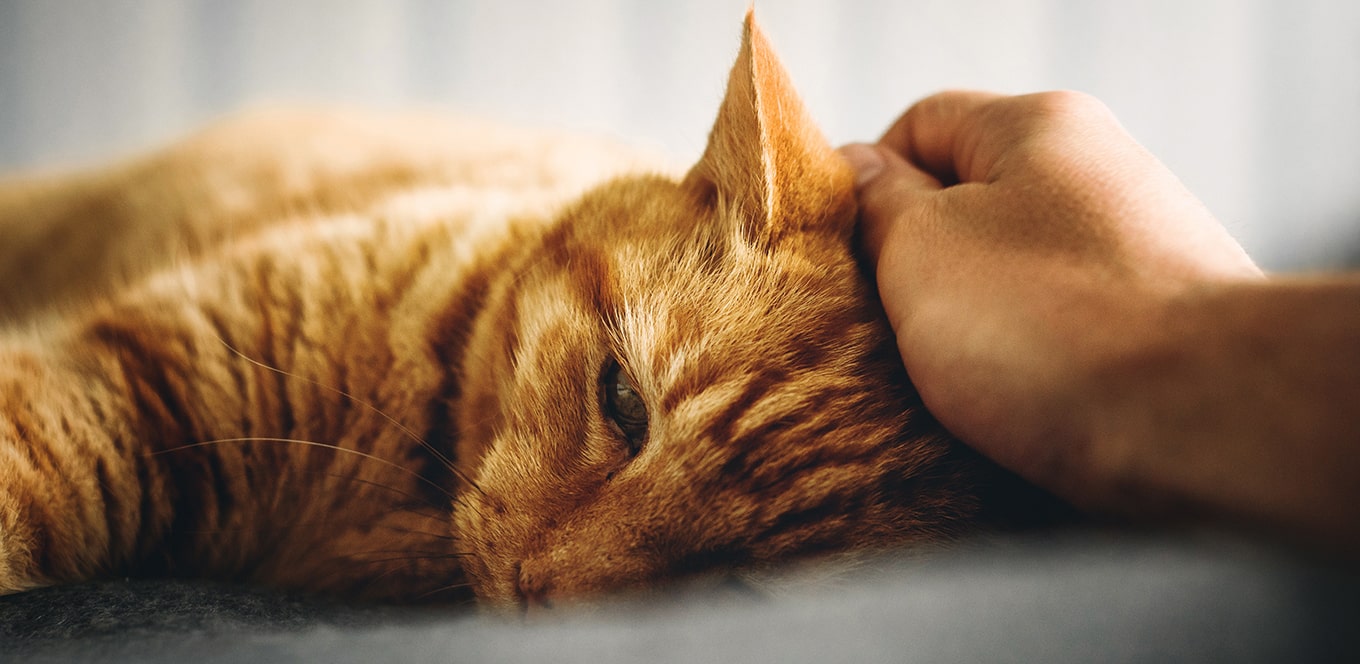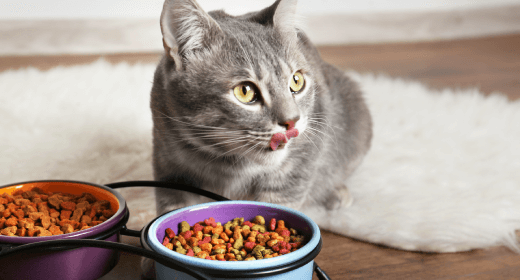

Antioxidants are good for your cat because they play a key role in minimizing damage to cells, including cells of the immune system.
These important, naturally occurring nutrients help maintain health by slowing the destructive oxidative process of cellular molecules. They also can be important in supporting immune responses and vaccine recognition in cats. This may be especially critical for kittens that are being vaccinated while their immune system is still developing.
Additionally, antioxidants can reverse decreases in immune-cell function for senior cats, increasing them back to healthy adult levels.
Antioxidants are nutrients found naturally in the body and in plants such as fruits and vegetables. Common antioxidants include vitamin C, vitamin E and certain compounds called carotenoids (including lutein and beta-carotene). A blend of several antioxidants in moderate amounts may be more effective than high levels of one antioxidant.
As cells function normally in the body, they produce damaged molecules called free radicals. These free radicals are highly unstable and steal components from other cellular molecules, such as fat, protein or DNA, thereby spreading the damage.
This damage continues in a chain reaction, and entire cells soon become damaged and die in a process called peroxidation. Peroxidation is useful because it helps the body destroy cells that have outlived their usefulness and kills germs and parasites. However, when left unchecked, peroxidation also destroys or damages healthy cells.
Antioxidants help prevent widespread cellular destruction by willingly donating components to stabilize free radicals. More importantly, antioxidants return to the surface of the cell to stabilize rather than damage other cellular components.
When there are not enough antioxidants to hold peroxidation in check, free radicals begin damaging healthy cells, which can lead to problems. For example, free radical damage to immune cells can lead to an increased risk of infection.
Because antioxidants play a key role in minimizing damage to cells, such as those that make up the immune system, recent research examined the benefits of certain antioxidants on the immune response of cats. The results of these studies indicated that antioxidants are important in helping cats maintain a healthy immune system.
The research also showed that each antioxidant benefits the immune system uniquely, so one antioxidant at high levels is not as effective as a group of antioxidants acting together.
| Antioxidant | Source | Function |
|---|---|---|
| Vitamin E | Plant oil extract, tocopherols | Optimizes immune system’s T-cell activation |
| Beta-carotene | Vitamin premix, corn meal, chicken by-product meal and chicken fat | Optimizes types of cells present in the blood, increases antibody levels in the blood and optimizes vaccine recognition |
Recent research also examined the effect of aging on immune responses. The findings indicate that as cats age, immune cell responses may decline. Including antioxidants in your cat’s diet can help reverse the age-related decrease in immune cell function, returning it to healthy adult levels.




Good nutrition is as important to your cat as it is to you, but her nutritional needs are quite different! Unlike humans, a cat needs a high-fat diet with less fibre. Even if you prefer a vegetarian diet, you should understand that cats are carnivores. They need nutrients from animal protein and fat for optimal health, and they benefit from fibre for a healthy digestive tract and carbohydrates for energy.
With thousands of pet foods available, how do you pick the one that's right for your cat?
Start by identifying the cat's life stage and lifestyle. Kittens, nursing mothers, and mature/senior pets are examples of life stages, and each has different nutritional requirements. All cat foods should state which life stage they are recommended for.
Nutritional needs also vary depending on lifestyle. A cat whose primary activity is guarding the couch doesn't need as much energy as one who likes to spend time roaming outside.
Finally, it is important to take into account any special medical condition your cat may have, including food allergies that might require a special diet recommended by your veterinarian.
Once you've determined your cat's life stage and lifestyle needs, decide whether to feed dry or wet food. Most cats thrive on only dry food. This type of food promotes oral hygiene and health through abrasive action. Some cats, especially finicky eaters, enjoy the smooth and wet texture of canned or pouch foods.
Remember that, while dry food can be left in a bowl all day, wet food should be thrown away after 30 minutes if not eaten. Dry food is the best choice for busy people who are not normally home during the day.
Once you know your pet's nutritional needs and your pet's preference, you are ready to go shopping.
Because cats need the nutrients found in animal sources, it’s best to pick a food in which a primary ingredient (one of the first ones listed) is an animal-based protein source such as chicken, lamb, fish, egg, or one of their by-products. These ingredients contain all the essential amino acids, including taurine, which isn’t found in a vegetable-based protein source.
Using a combination of carbohydrates in a diet, such as corn meal or barley and grain sorghum, ensures efficient absorption and helps maintain energy levels. And beet pulp is an excellent fibre source that promotes a healthy digestive tract.
For a soft, thick coat and healthy skin, your pet needs fatty acids like those found in vitamin-rich fish oils and quality fat sources such as chicken.
Cat food labels provide limited information on the nutritional value of your pet's food because labeling regulations do not allow manufacturers to describe the quality of ingredients on the package. A reputable pet food manufacturer can explain to you how they evaluate and assure the quality of their products.
When choosing food, the price on the bag, while important, is usually not the best consideration. A low price may indicate cheap ingredients, or ingredients that change as manufacturer costs fluctuate.
In addition, many lower-priced products have higher daily portions to provide the same amount of nutrition found in a high-quality diet. To get a better idea of cost, it is the cost per feeding, not the total cost, that counts.
To figure cost per feeding, divide the total cost by the number of days the product lasts. For example, a 20-lb bag of food that costs $18.99 and lasts 30 days is $0.63 per day. A 20-lb bag that costs $15.99 and lasts 20 days costs $0.80 per day. When compared closely, high-quality pet foods are quite favourable to other brands.